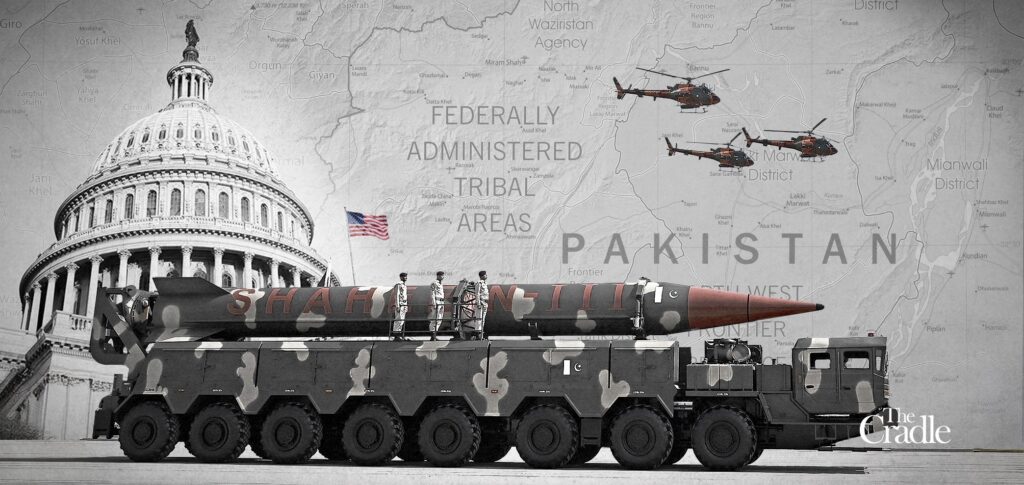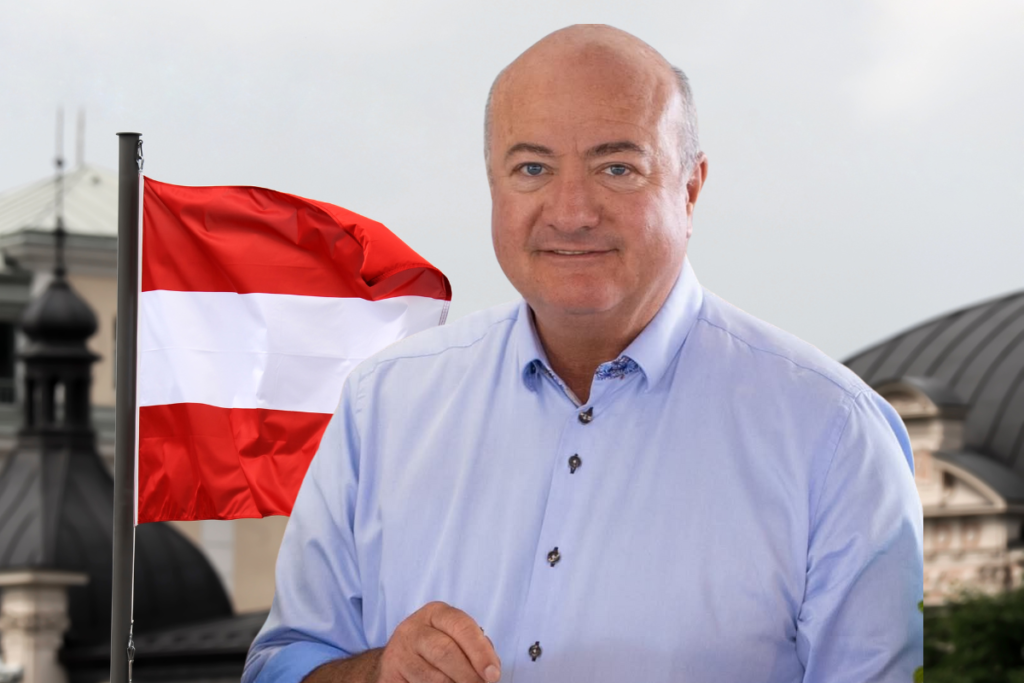In a rare moment of reconciliation, the Israeli government has allowed Palestinian families to return to areas of northern Gaza that have been off-limits for more than a year. The decision, implemented on Sunday, comes as a fragile truce between Israel and Hamas continues to hold, raising cautious hopes for a period of stability in the war-torn region.
The move marks the first time since hostilities escalated in 2023 that Palestinians have been permitted to access parts of northern Gaza. The areas, deemed “security zones” by Israel, had been under strict military restrictions following intensified clashes that displaced thousands. For many, the return represents a bittersweet opportunity to rebuild lives disrupted by years of conflict.
“We have waited so long for this moment,” said Aisha Mansour, a mother of four who returned to her home near Beit Hanoun. “The house is barely standing, but at least it’s ours. We can start again.”
Israeli officials framed the decision as a confidence-building measure aimed at sustaining the current ceasefire. “This step reflects our commitment to de-escalation and improving conditions for civilians,” a government spokesperson stated. “However, it remains contingent on continued adherence to the truce by all parties.”
The truce, brokered by Egypt and Qatar late last year, has been tenuous at best. While large-scale hostilities have subsided, occasional skirmishes and airstrikes have tested the agreement’s durability. The opening of northern Gaza is widely seen as a test case for broader efforts to ease tensions and address humanitarian concerns.
Hamas, the de facto governing authority in Gaza, welcomed the development but urged Israel to lift additional restrictions that continue to stifle the territory. “Allowing families to return is a step in the right direction,” said Hamas spokesperson Fawzi Barhoum. “But the occupation must end its siege on Gaza if there is to be true peace.”
Human rights groups have lauded the decision but remain wary of its limitations. “This is a positive gesture, but it’s not enough,” said Omar Shakir, an official with Human Rights Watch. “The people of Gaza need more than piecemeal measures; they need access to basic services, freedom of movement, and protection from violence.”
The situation in Gaza remains dire, with over two million residents living in one of the most densely populated and impoverished areas in the world. The blockade imposed by Israel and Egypt since 2007 has crippled the local economy, leaving the majority of residents dependent on international aid.
Infrastructure in northern Gaza has been particularly hard hit, with homes, schools, and hospitals reduced to rubble in previous rounds of fighting. Rebuilding efforts have been slow, hampered by restrictions on the import of construction materials and the limited availability of international funding.
“We have nothing—no electricity, no clean water, no schools,” said Ahmed Al-Najjar, a teacher who returned to his home in Jabalia. “But at least we can begin to clean up and try to live again. It’s a start.”
For Israel, the decision to allow returns reflects a complex balancing act. While the government has faced international criticism over its policies in Gaza, security concerns remain paramount. Israeli officials insist that measures like the creation of buffer zones are necessary to prevent attacks on border communities.
“Israel’s responsibility is to protect its citizens,” said a senior security official. “Any steps we take to ease restrictions are carefully calculated to ensure they do not compromise our safety.”
The international community has cautiously welcomed the development, urging both sides to build on the momentum. The United Nations called the move “a step toward addressing the humanitarian crisis in Gaza” and encouraged further measures to support long-term peace.
However, analysts warn that the path forward remains fraught with challenges. The political divide between Hamas and the Palestinian Authority complicates efforts to present a unified front in negotiations with Israel. Meanwhile, hardliners on both sides continue to oppose compromise, fueling the potential for renewed violence.
“This is a fragile moment,” said Daniel Levy, a Middle East expert at the European Council on Foreign Relations. “If the truce holds and steps like these are expanded, there’s a chance to create a more stable environment. But it will require commitment and compromise from all parties.”
As families in northern Gaza begin the arduous process of reclaiming their lives, the stakes for maintaining the truce have never been higher. For many, the hope is that this small step forward could pave the way for broader change.
“We have lost so much,” Mansour said as she surveyed the remnants of her home. “But we are still here. Maybe this time, things will be different.”



